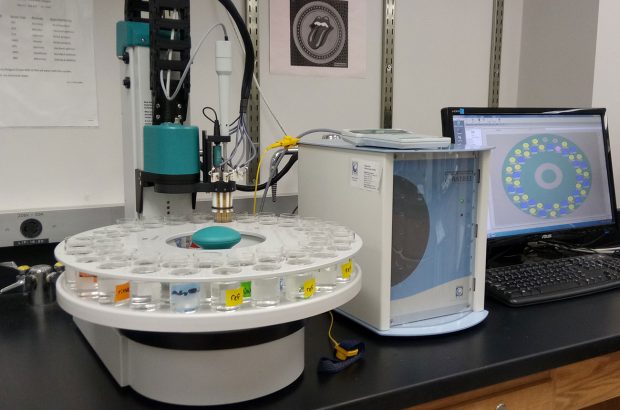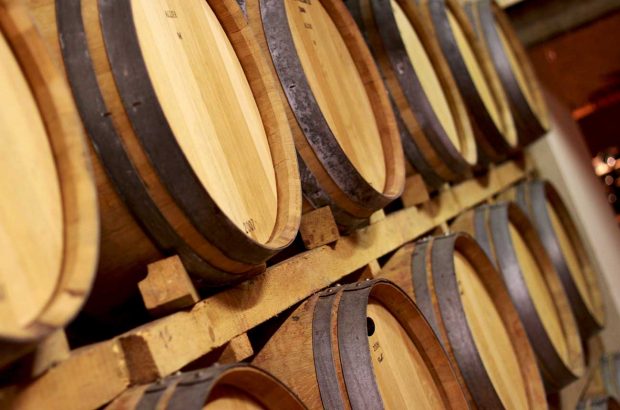One of Bergerac’s most renowned winemakers has claimed that global warming is making Merlot impossible in the region.
Hugh Ryman of Chateau de la Jaubertie said he had not planted a Merlot vine since 2000, and he was replacing all his existing Merlot with Cabernet Franc or Malbec.
‘It’s a long process financially, but I am increasingly using the Merlot for the rosé not the main red, and ensuring that I use New World vinification methods such as colder temperatures and shorter maceration times.’
Ryman’s vineyards today are 45% Merlot, but in his top quality reds, only 25-30% of the grape goes into the blend, because of the problem of reaching full tannin maturity before alcohol levels get too high.
‘The wine has good mouthfeel but loses the fruit character. And what’s the point of Merlot at 15 or 16 degrees?’
‘We are going to have to adapt if we want grapes with enough finesse to produce top quality wines.’
Local merchant Guy de Sauvignan confirmed, ‘There are vines that would have difficulty if temperatures rose by a few degrees, but any changes will be very slow.’
Alain Reynaud, owner of Chateau Le Croix de Gay in Pomerol and consultant for over ten properties in the region, said, ‘As long as I have clay soils, I will plant Merlot. But temperatures do seem to be rising, and if I had more gravel, I would love the right to plant Syrah in Bordeaux.’
New video: How to Analyse Colour, with Steven Spurrier
Written by Jane Anson in Bordeaux




